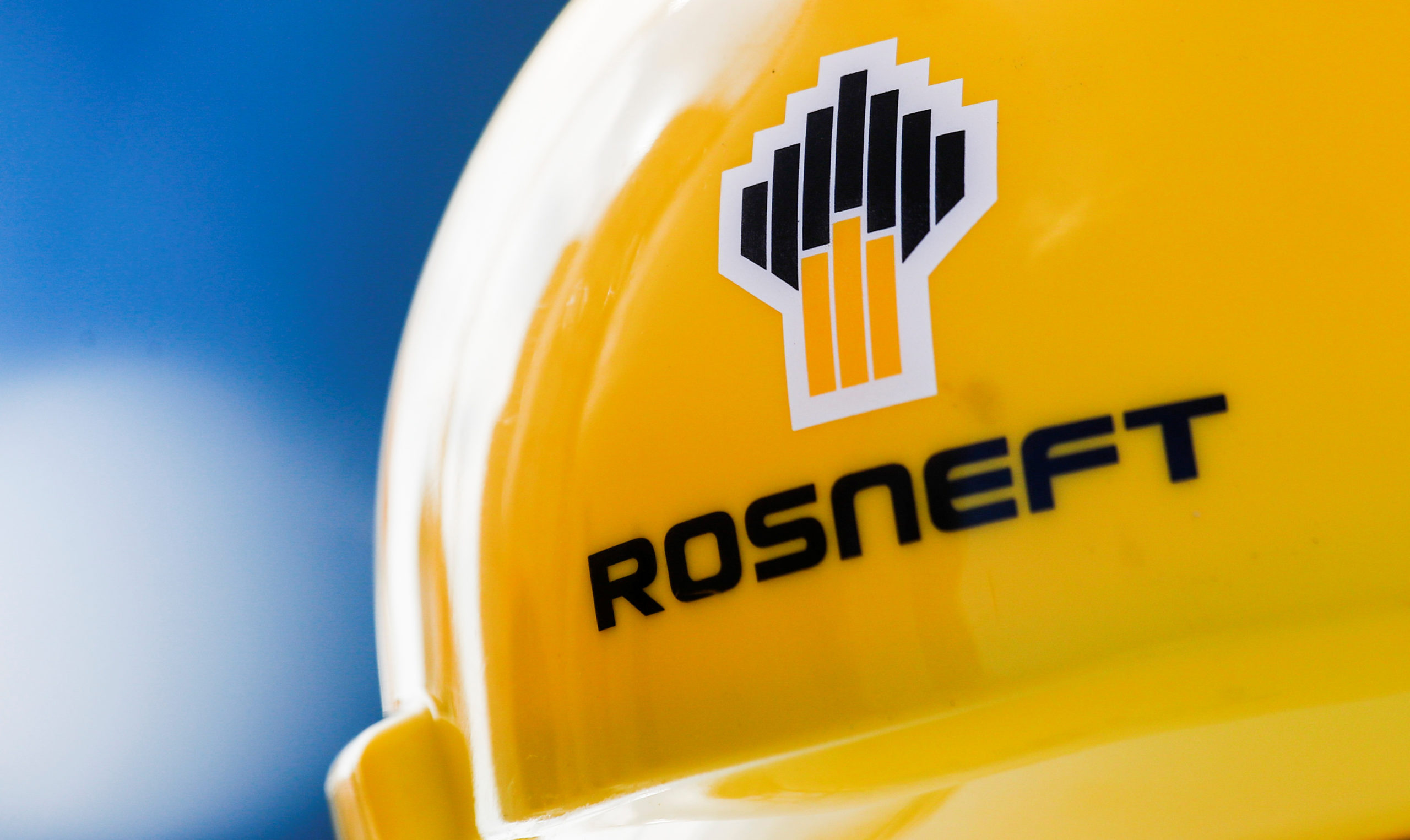Rosneft seeks to tempt trading houses into Arctic oil project with supply deals
The Russian oil giant is in talks with with Vitol, Glencore and Gunvor, sources said.

(This January 15 story is corrected to make clear Vostok Oil is not subject to sanctions and updated to include comments from Rosneft.)
MOSCOW — Russian state oil major Rosneft is courting investments from global trading houses to help develop one of the world’s biggest oil deposits, after talks with other possible partners stalled following a collapse in oil prices, four sources familiar with the discussions told Reuters.
Rosneft is in discussions with Vitol, Glencore and Gunvor, among others, over investments in its Vostok Oil project in the Arctic, having already secured a deal with Swiss-based Trafigura, which took a 10 percent stake at the end of last year.
Trading houses generally avoid investing directly in production, but the Rosneft deal may be attractive as it could give them access to a long-term major source of supply for the growing Asian market.
“Involving oil traders in the project makes sense because they are essentially buying exposure on future oil supply,” a source close to talks with potential investors told Reuters.
In a statement after the publication of this story, Rosneft said it did not need to attract investment in Vostok Oil in exchange for oil supplies. It said the resource potential of the project, the quality of the oil and its economic model made it “one of the most attractive” investments in the energy sector.
The trading houses declined to comment on the talks.
Vostok Oil is one of Russia’s biggest oil projects, comparable in size with the exploration of West Siberia in the 1970s or the U.S. Bakken oil province over the past decade.
Rosneft has estimated its resources at 44 billion barrels, enough to supply the world for over a year, and said it could produce 1 percent of global oil later this decade at a price competitive with the cheap barrels of Middle Eastern producers.
Vostok will require vast investments in new pipelines, roads and other infrastructure in East Siberia and the Arctic, with oil to be shipped to Asia via the Northern Sea route.
Rosneft attempted to sell stakes in the project in 2019 when its chief executive Igor Sechin travelled to Japan, China and India for a roadshow with local investors.
Talks stalled after the oil price collapse of 2020, according to sources with knowledge of the matter, while approaches to oil majors have also generated little interest so far due to their rising emphasis on green energy.
Rosneft has offered the trading houses the chance to buy into Vostok in exchange for immediate contracts for crude oil and refined products, according to the four sources.
In its statement, Rosneft denied this, saying its commercial activity aimed at securing supply contracts was a separate line of business.
The four sources said that in exchange for its 10 percent stake, for which it paid close to 6 billion euros ($7.3 billion), Rosneft granted Trafigura an extension of its long-term deal to lift oil and products which means it will remain the largest exporter of Rosneft fuels for the next five years.
Gunvor was granted a deal to export 9 million tonnes of Rosneft’s refined products for the next year, according to the sources. Three sources said the deal could be linked in the future to the Vostok project, but details were unclear.
Rosneft and Gunvor declined to comment on the specifics of the deal.
A spokeswoman for Trafigura said the Vostok acquisition “builds on the longstanding commercial relationship between Trafigura and Rosneft, providing access to long-term offtake supply of crude oil including from Vostok Oil.”
Talks with Vitol and Glencore were still ongoing, the sources said.
Oil traders and majors have repeatedly fought hard to win access to Rosneft’s exports.
Glencore received large volumes of Rosneft oil several years ago after teaming up with Qatar to buy a stake in the Russian oil firm, while Trafigura became the top lifter of Rosneft’s oil after the two teamed up to buy into India’s Essar Oil in 2017.
Four trading sources said traders have shown interest in securing volumes from Russia, but several had struggled with the idea of purchasing a stake amid sanctions on Russia and waning interest from banks in funding Arctic deposits.
“It is an issue of risk versus reward, and for some people the maths are still not working,” one of the sources said.
Western sanctions forbid long-term funding of Rosneft as well as the development of Arctic offshore and shale deposits.
However, Vostok Oil is not an Arctic offshore or shale project and does not fall within the scope of sanction restrictions.
Vostok will cost dozens of billions of dollars to develop and is valued by Rosneft at $70-$150 billion, depending on the price of oil and cost of capital, according to three sources close to talks.
Additional reporting by Natalia Chumakova.